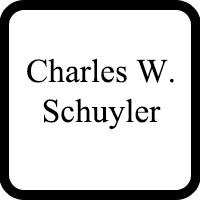 Alberton Foreclosure Lawyers, Montana
Alberton Foreclosure Lawyers, Montana
Sponsored Law Firm
-
 x
x

Click For More Info:
-
Silverman Law Office, PLLC
950 N Montana Ave Suite 1 P.O. Box 4423 Helena, MT 59604» view mapEstate and Business Changing The Way Law Is Practiced
When we founded Silverman Law Office, PLLC, in May of 2012, we wanted to change the typical attorney-client relationship.
800-818-3840
Not enough matches for Alberton Foreclosure lawyer.
Below are all Alberton Real Estate lawyers.
Sponsored Lawyers
1-9 of 9 matches
Criminal, Accident & Injury, Estate, Real Estate, Business
Chuck Schuyler was admitted to the bar in 1975, Montana and U.S. Supreme Court, is a graduate of the University of Montana (B.A. 1969, J.D. 1975) and has served as President for the Western Montana Bar Association. His practice areas include General Practice, Real Estate and Personal Injury.
(more)


 Joel Silverman Helena, MT
Joel Silverman Helena, MT Practice AreasExpertise
Practice AreasExpertise

